VIRTUAL CONFERENCE
Passenger Terminal CONFERENCE 2021 Virtual ‘LIVE’ will bring the aviation industry together at this globally important time to discuss new challenges, strategies, collaborations, innovations and technologies that will be vital for the industry’s future...
CONNECT > QUESTION > DISCUSS
This event has now taken place, dates for future events to be announced soon!
EXISTING USER LOGIN
VIEW SPONSORS
VIRTUAL CONFERENCE
Passenger Terminal EXPO Virtual 'LIVE' will bring the industry together at a globally important time to discuss the strategies, innovations and technologies that will be vital for the future.
This event has now taken place, dates for future events to be announced soon!

 Nicolas Schenk
Nicolas Schenk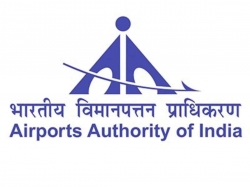 Charul Shukla
Charul Shukla Dr Ralf Gaffal
Dr Ralf Gaffal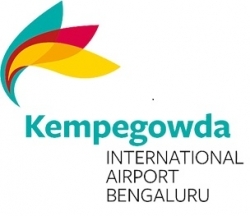 Satyaki Raghunath
Satyaki Raghunath Lorenzo Di Loreto
Lorenzo Di Loreto Ashwini Thorat
Ashwini Thorat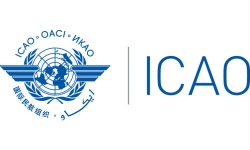 Sylvain Lefoyer
Sylvain Lefoyer Matthew Vaughan
Matthew Vaughan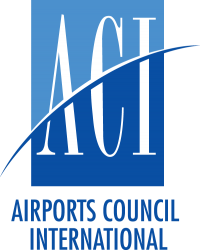 Nina Brooks
Nina Brooks Dr Jean Salomon
Dr Jean Salomon Philipp Kriegbaum
Philipp Kriegbaum Sergio Fernandez
Sergio Fernandez Steven Moore
Steven Moore Aurimas Stikliūnas
Aurimas Stikliūnas Anna Fantoni
Anna Fantoni Robert Graham
Robert Graham Velissarios Eleftheriou
Velissarios Eleftheriou Ilias Maragakis
Ilias Maragakis Michael Mowinski
Michael Mowinski Steve Zerkowitz
Steve Zerkowitz Emanuel Fleuti
Emanuel Fleuti Kris Russell
Kris Russell Ana Salazar
Ana Salazar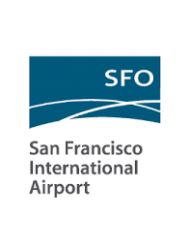 Erin Cooke
Erin Cooke Dr Mary Kerins
Dr Mary Kerins Donald Zoufal
Donald Zoufal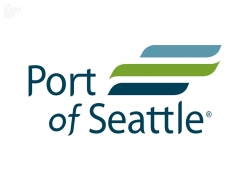 Wendy Reiter
Wendy Reiter Tamara Mahal
Tamara Mahal Zack Zainal
Zack Zainal Dr David Rubens
Dr David Rubens Robert Hoxie
Robert Hoxie Nancy Stern
Nancy Stern Bernardo Gogna
Bernardo Gogna Palmina Whelan
Palmina Whelan